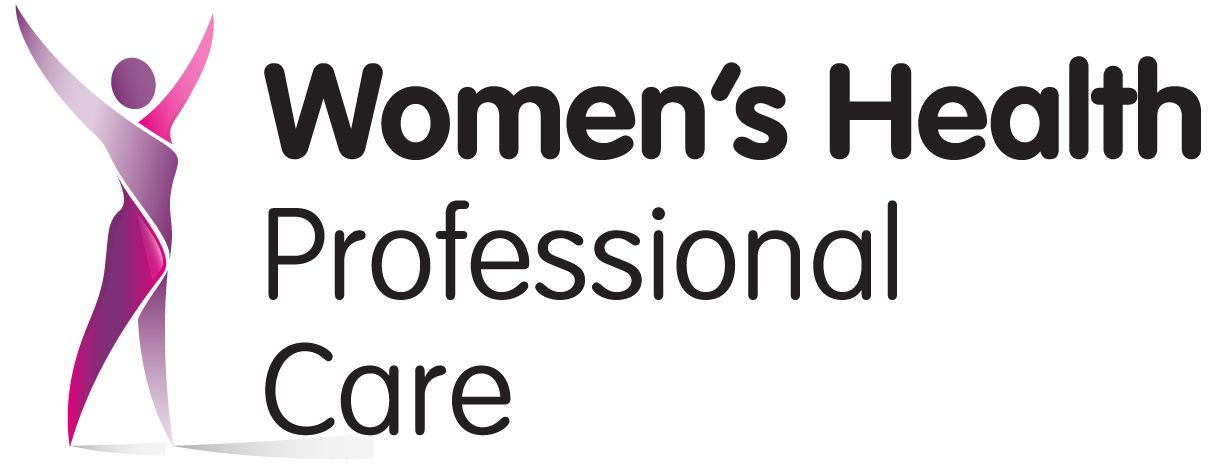Significant disease and medication interactions with contraceptives
Fresh angles on providing optimal contraceptive care in Primary Care including:
• Taking a sexual history with both empathy and speed.
• Replacing the majority of routine follow-ups by a truly “open house” protocol, as now recommended by WHO.
• Combined hormonal contraceptives (CHCs): practical advice on providing the now-preferred extended regimens, namely continuous flexible 365/[0] and tricycling 63/4; also, newer natural estrogen and anti-androgenic products.
• Optimal use of the desogestrel progestogen-only pill (POP), now OTC...
• Preferability in most contexts of the LARCs (IUDs, IUSs, subdermal implants, injectables).
• Problematic bleeding with contraceptives: the “D Check-list”.
• Quick-starting and Bridging.
• The ‘Proving not Pregnant Protocol’
• Emergency contraception (EC)
• Rediscovering copper, for emergency and long-term use.
• CHC choice or alternates both during:
• concurrent diseases (eg diabetes, migraine) and
• under-treated dis-eases (eg menstrual pain and PMS)
• When there are potential drug interactions (by enzyme induction and more).
• Peri-menopausal contraception.




